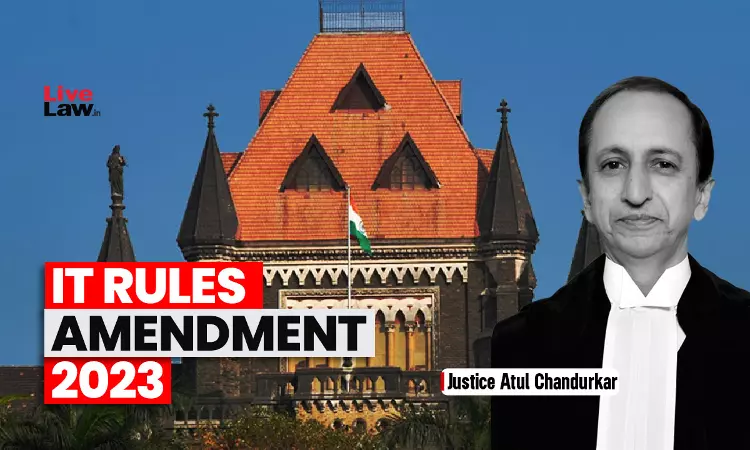Citizens Have 'Right To Free Speech', Not State's Burden To Ensure That They Only Know Truth: Bombay HC On IT Amendment Rules
Narsi Benwal
20 Sept 2024 9:20 PM IST

Next Story
20 Sept 2024 9:20 PM IST
The Bombay High Court's 'Tie-Breaker' Judge Justice Atul Chandurkar, while opining that the amendments to the Information and Technology Rules, 2021 are 'unconstitutional' held that the citizens only have the 'right to free speech and expression' but not a 'right to truth' and thus the State cannot claim to have a responsibility to ensure that citizens know only 'truth' and not 'fake or...
